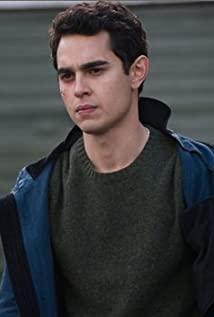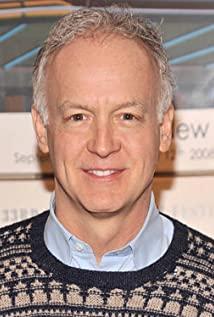Feminist drama? If this is your understanding, I can only say that you are wrong. This play is clearly an exploration of the conflict between human existence and dignity. Aren't all dramas in which women are persecuted are feminist dramas, and women are the only victims? In fact, in an era when everyone sacrifices their dignity for the survival of mankind as a whole, how could someone not exist as a victim? I support equal rights, but I can't just imitate women's rights. It's too narrow to discuss women's rights.
This drama uses the guise of forced childbirth and 1984. In fact, it explores the circumstances under which human beings can derogate from the basic rights and dignity of some or most people. It is a deeper exploration.
Given the severe environmental pollution and the fact that most women are infertile, reproduction is of course the only hope for the continuation of the entire human race. In order to reproduce, it seems that the most effective method is to concentrate fertile females and continue to produce. According to the logic in the play, women must have children with the centralists in order to ensure that the existing system does not collapse, and to ensure that the centralized system does not collapse in order to ensure centralized female fertility. This is because forcing centralized reproduction requires power, because freedom and democracy cannot force women to have centralized reproduction. The maintenance of power must not allow non-rulers to obtain scarce resources, that is, the right to reproduce. Non-rulers can obtain reproductive rights only when reproductive resources are no longer scarce. Before the fertility resources are abundant, only the rulers must possess these resources, otherwise the non-rulers who possess the scarce resources will only overthrow the system, and the plan of forcing centralized fertility will fail. Because fertility is a resource, people will become objects before they can be occupied and used by others. Therefore, women can only be regarded as vassals of men and belong to men, and women's status must be lowered. Therefore, the premise of the operation of this system is to centralize power and women to become objects. Under this system, non-rulers, both male and female, have lost the qualifications to reproduce, and only rulers have the qualifications to reproduce. From the perspective of reproductive rights, women are not the only victims, and most men do not have reproductive rights either. And in the long run, it's a system that gives the majority the actual right to reproduce. This is not a system that can last for a long time, and the founders of the system did not intend to stick to it for a long time, because this is a system that continuously creates reproductive resources, so that it will no longer become a system of scarce resources. Once reproductive resources are no longer scarce, the existing system will naturally collapse. Therefore, the essence of the violation of the physical rights of fertile women is the deprivation of the reproductive rights of the vast majority of men and women. Women are not the only victims. Since women are not the only victims, how can it be a feminist drama, at least it is Personal rights drama (female being a thing doesn't mean that men's rights as so-called possible masters are not oppressed, it's more that the form is different).
Secondly, although the play is full of the shadow of 1984, the centralization of power in this play is for the purpose of not centralizing power in the future, and the oppression is for the purpose of not being oppressed in the future. Many of the centralized methods of 1984 are used in the play, but 1984 never talks about the purpose, and it seems that oppression is only for oppression itself. So this drama explores one more premise, whether it is possible to use anti-humanity means for good purposes.
View more about The Handmaid's Tale reviews











